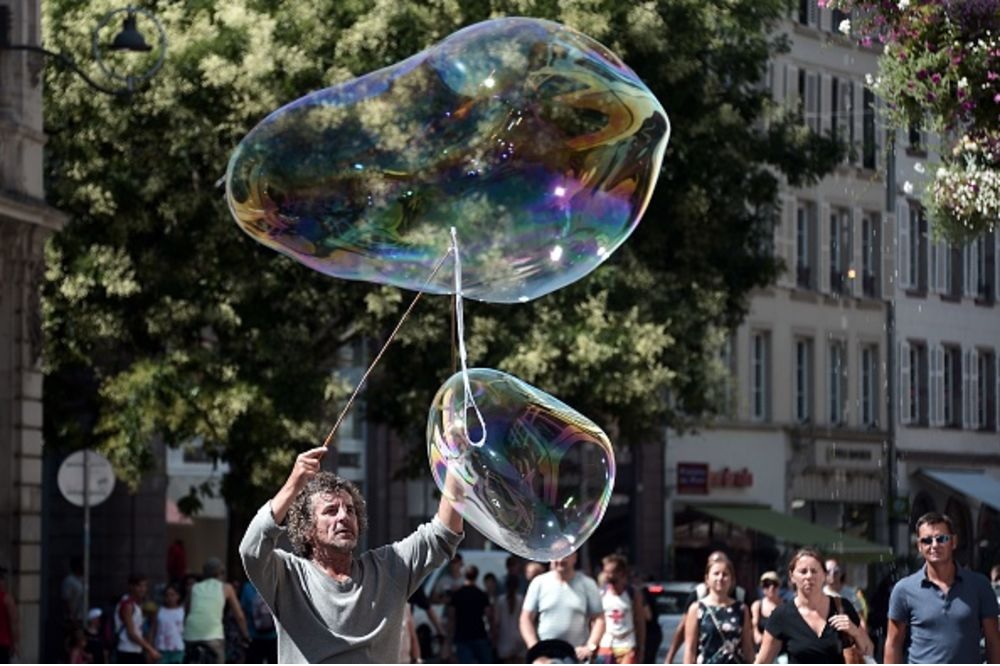Consumer Credit Bubble Could Drag Economy into Recession
December 06, 2019 @ 15:19 +03:00

Consumer credit card delinquency and charge-offs rocketed to seven year highs in the third quarter. At the top 100 U.S. banks, third quarter charge-offs are at levels unseen since 2013. Credit card delinquency occurs when a payment is past due for 30 days or more. A credit card charge-off occurs after 180 days of non-payment. That’s when the issuer marks a charge-off on the borrower’s credit history and can sell the debt to a collections agency.
Meanwhile the top four credit card issuers (Chase, Citibank, Capital One and Bank of America) shored up loan loss reserves by 9.9%. Each of the Top 4 has set aside over half a billion additional dollars in reserve. That’s troubling news as Wall Street bulls pin their hopes on the American consumer to keep the record-long economic expansion going. Maybe that’s why Goldman Sachs reports every one of its private equity clients is bracing for recession.
The Federal Reserve’s low interest rate environment is fueling the consumer credit bubble in two ways. First, it makes banking less profitable and unattractive to investors. That incentivizes banks to push riskier, but more profitable, high interest rate products like consumer credit cards. Secondly, it floods banks with money to lend out for these riskier investments. This has created another bubble in equities along with consumer credit, as the flood of easy money chases quick profits. And Wall Street is back to its old, pre-recession ways, bundling risky investments into asset backed securities and selling the securitized consumer debts to each other for massive profits.






